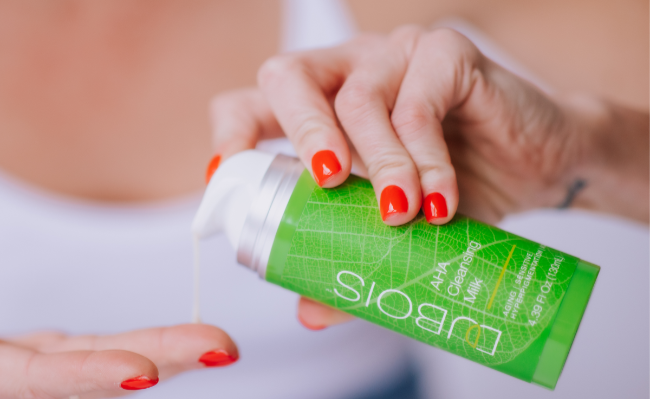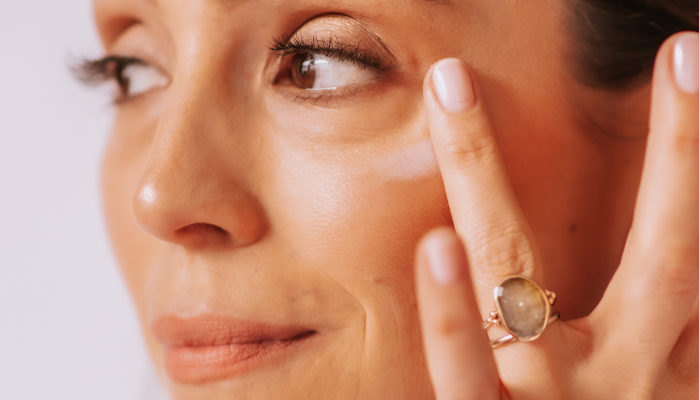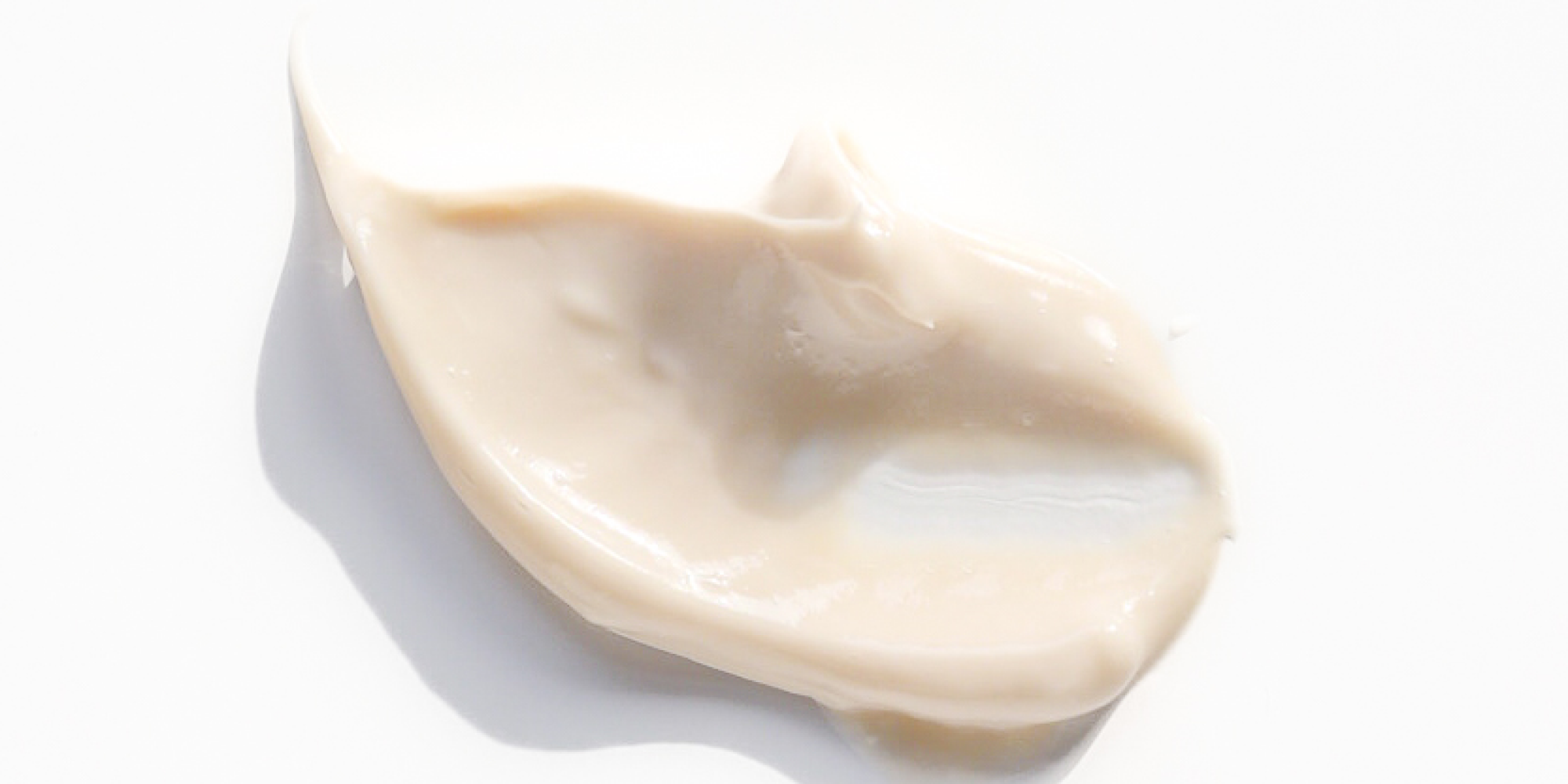
The Benefits of Using SPF All Year
Understanding Sun Protection Factor SPF
Sun Protection Factor (SPF) is a measurement of how well a sunscreen protects your skin from UVB Rays. Exposure to UVB Radiation causes sunburns, skin damage, and can lead to cancer. SPF does not measure protections from UVA Rays which are also damaging to skin. In order to find a sunscreen that protects from both UVB and UVA rays look for products labeled “broad spectrum.”
Rather than measuring the strength of the sunscreen, SPF is a measurement of how much time you can spend in the sun without getting burned while wearing sunscreen versus how much time you can spend in the sun without getting burned when you are not wearing sunscreen. However, the intensity of solar energy, or UVB and UVA rays, present changes throughout the day. According to the Food and Drug Administration one hour in the sun at 9:00 am and 15 minutes in the sun at 1:00pm may result in the same amount of UV ray exposure.
When Do You Need SPF?

Dermatologists recommend that you wear sunscreen year-round. That’s because even on cloudy days and days when you are mostly inside, you can still be exposed to UVA and UVB rays through the cloud cover and through windows and windshields.
How to Apply Sunscreen
A common issue with sunscreen application is that people don’t apply enough lotion to begin with and don’t reapply lotion as often as necessary. Doctors recommend spreading around 1 ounce of sunscreen evenly across your entire body before you go out into the sun, and reapplying sunscreen every two hours for the best results.
Sunscreen Ingredients to Avoid

The Food and Drug Administration has recommended that 11 ingredients commonly included in sunscreen should receive additional safety testing. Those ingredients are:
- Avobenzone
- Cinoxate
- Dioxybenzone
- Ensulizole
- Homosalate
- Meradimate
- Octinoxate
- Octocrylene
- Oxybenzone
- Padimate
- Sulisobenzone
While the FDA hasn’t officially found these chemicals to be unsafe, their suggestion that they need more safety testing implies they may not be safe for human use.
In addition to possible risks to humans, many of the same questionable ingredients pose risks to coral reefs. Common ingredients in sunscreen that have been found to be damaging to coral reefs include:
- Benzophenone-1
- Benzophenone-8
- OD-PABA
- 4-Methylbenzylidene camphor
- 3-Benzylidene camphor
- Octinoxate
- Octocrylene
- Oxybenzone
Sunscreen Ingredients to Look For
Dermatologists recommend non-toxic, all-natural sunscreens to best protect your body and coral reefs. The FDA has approved two common sunscreen ingredients as both safe and effective.
Those are:
- Titanium dioxide
- Zinc oxide
Both are minerals, rather than chemicals, making them safer for humans and marine life. While mineral sunscreens are often associated with a thick white coating on your skin, there are several newer lighter mineral based sunscreens on the market.
Ages and Usages

Dermatologists recommend that everyone use sunscreen 365 days a year, from the age of 6 months old on. Babies under 6 months old are the only exception due to their very sensitive skin. Dermatologists recommend keeping babies under 6 months old in shade and/or dressing them in sun-protective clothing.





